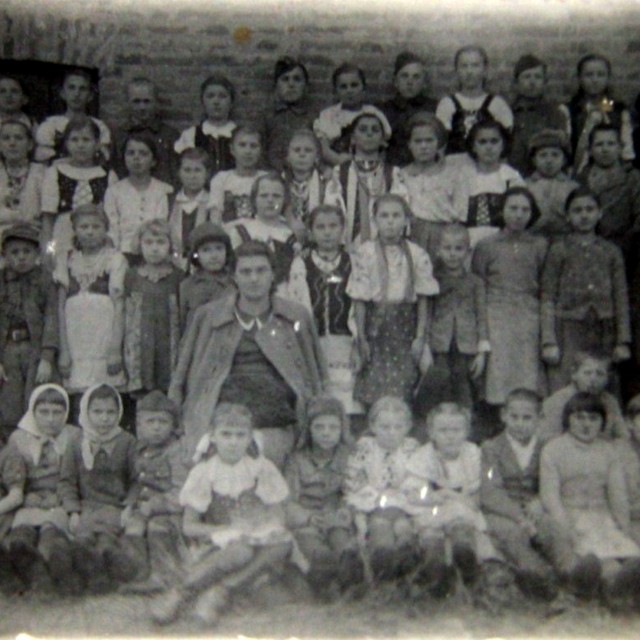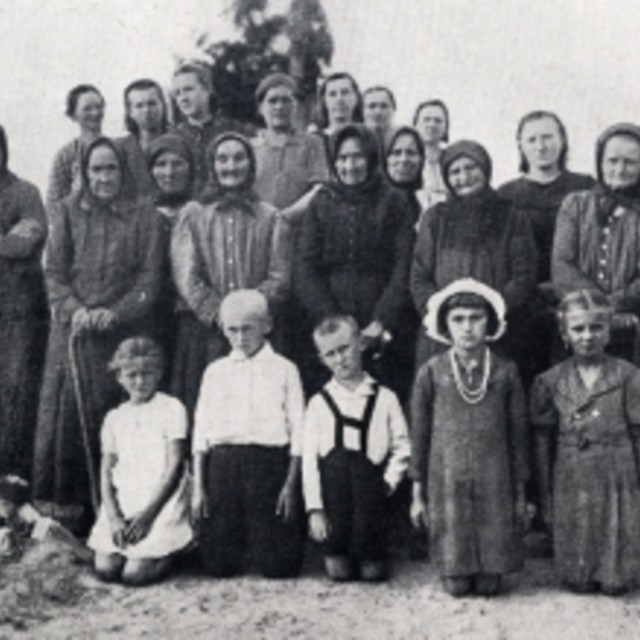Escape on a linden tree
Mrs. Emílie Jarmarová, a native of Volhynia, met a fourteen year-old boy during the war who was one of the few to survive the destruction of Český Malín. “He just cried all the time and it drove others crazy.” Emílie took care of him and the boy told her about what he escaped in Český Malín. “They had a big linden tree in the yard, and when the tanks were approaching, his mother sent him to have a look where they were going. Suddenly, the gate opened and his father was shot right on the doorstep. They also shot the boy’s five year-old sister, and they drove all women from the village into their barn, poured petrol on them and set them on fire. He had a grandmother at home who could no longer walk or speak, she just lay; they brought the grandma to the barn, spilled petrol on her and threw her in the barn too.” Nobody noticed the boy in the tree.
Hodnocení
Hodnotilo 0 lidí
Routes
Not a part of any route.
Comments
No comments yet.



